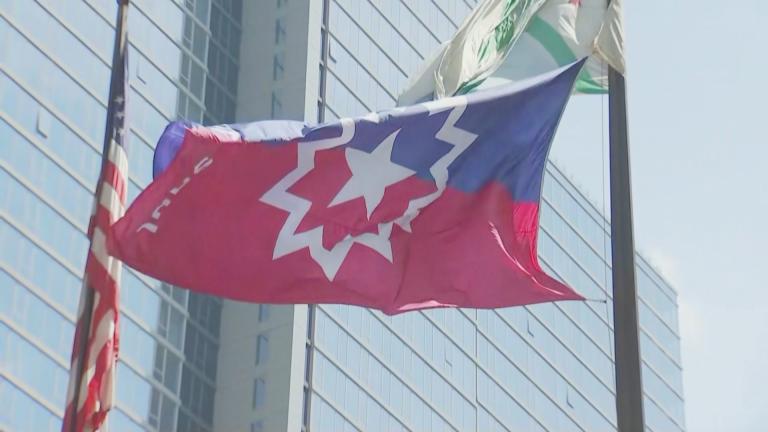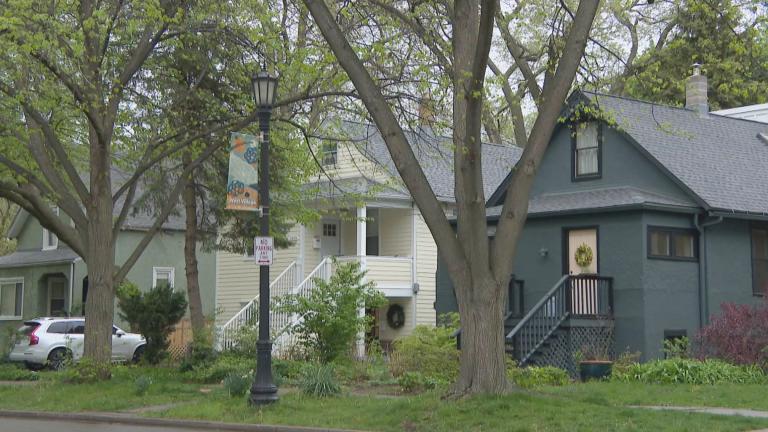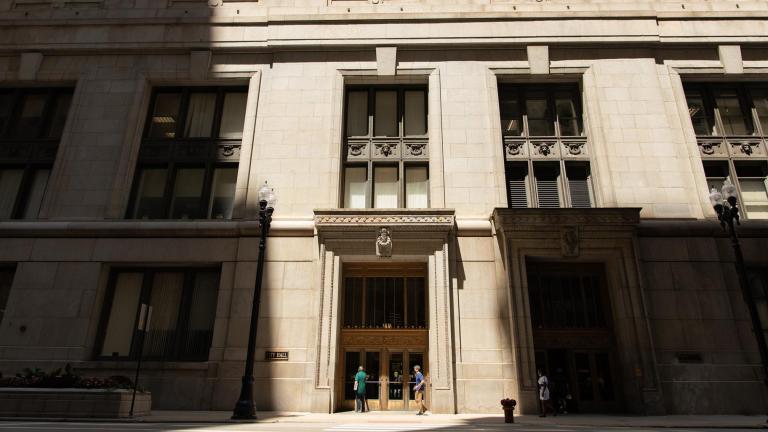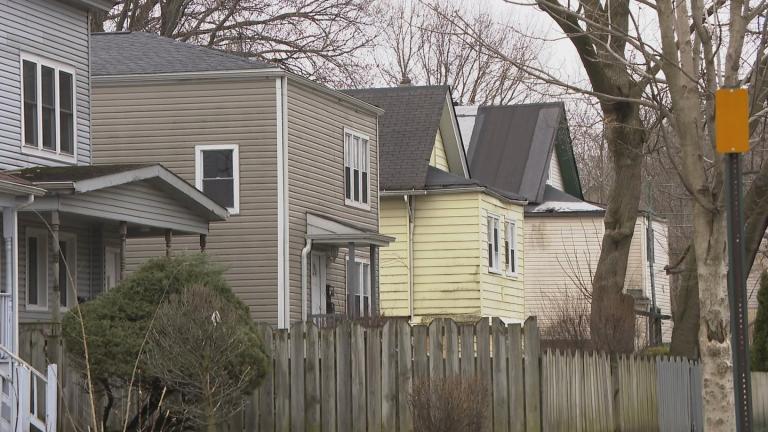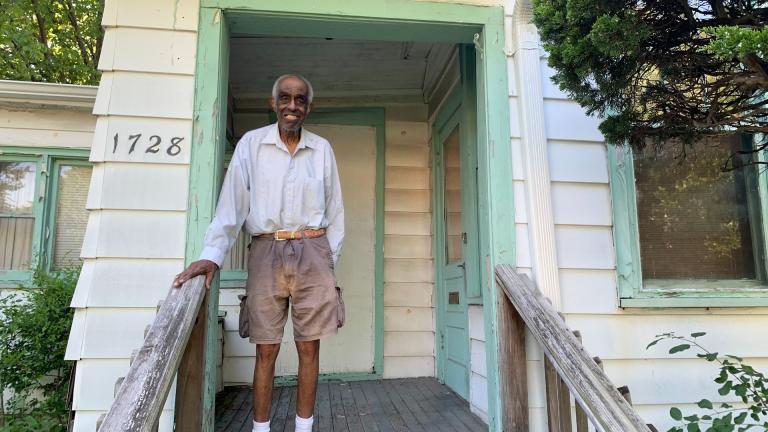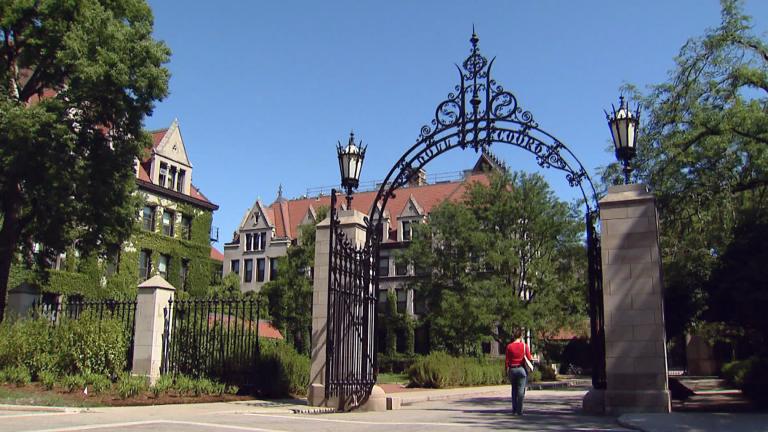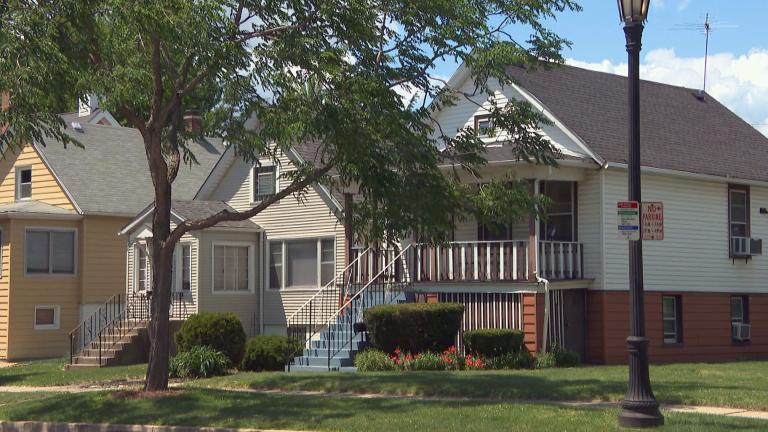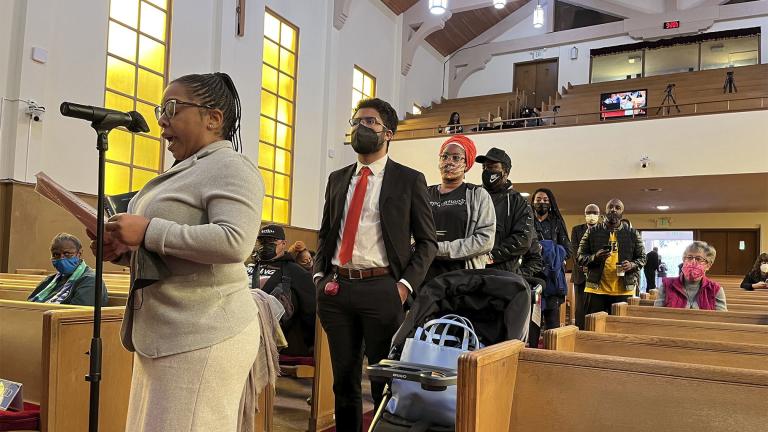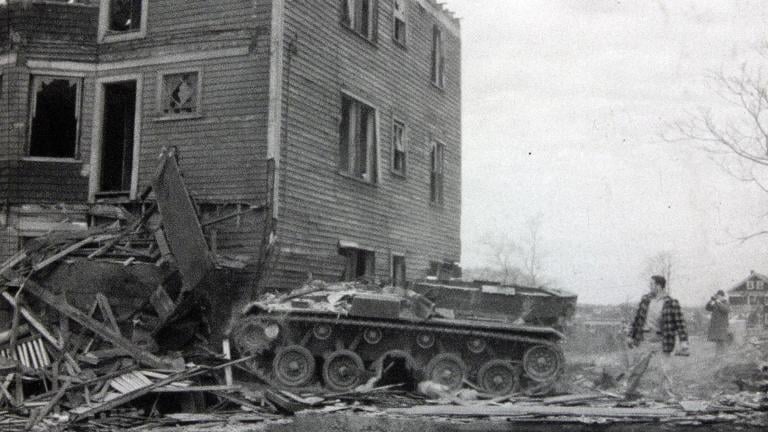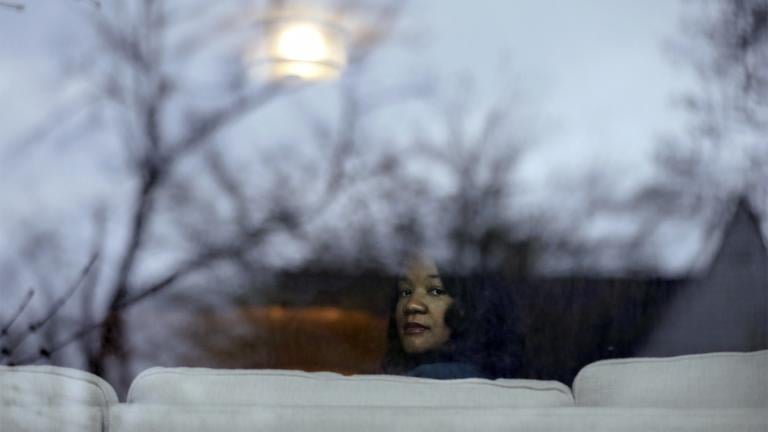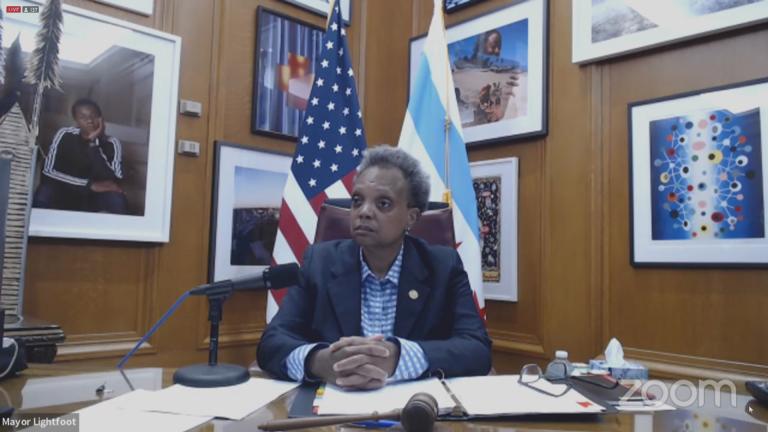The renewed effort is finally getting off the ground more than six months after Johnson agreed to earmark $500,000 in the city’s 2024 budget for the task force, the first time city officials have promised to use taxpayer dollars to do more than just promise to talk about what Chicago owes its Black residents as a result of the legacy of slavery and segregation.
Reparations
Evanston’s program is aimed at addressing housing discrimination and segregation that took place in the northern suburb from 1919 to 1969.
Mayor Brandon Johnson is backing the creation of a new subcommittee to study reparations and is agreeing to earmark $500,000 in his 2024 spending plan to fund the panel’s work.
The state of Illinois’ reparations commission, known as the African Descent-Citizens Reparations Commission, is hard at work on a daunting mission.
The initial program issued payments of $25,000 for housing benefits like mortgage assistance or renovations. Black residents who lived in Evanston during a 50-year period of discriminatory zoning laws and their direct descendants receive priority for eligibility.
From cash payouts to issuing extensive reports and building a bureaucratic system to examine what reparations could look like, here is what some local and state governments have done so far.
For the last several years, the University of Chicago has faced calls to make reparations for its ties to the slave trade. The university says it was a prior iteration of the school that benefited from slavery, not its current incarnation. As Chicago Tonight’s Nick Blumberg reports, that claim hasn’t quieted calls for the university to acknowledge history and make amends.
As we commemorate Juneteenth, calls are growing louder for reparations, but here in Chicago, there’s been very little movement on the issue. A City Council subcommittee was created two years ago to examine how the city could pay reparations to descendants of enslaved African Americans. But since then, it’s met only twice.
Chicago’s effort to address reparations for the descendants of enslaved people stalled as suburban Evanston became the first city in the nation to offer reparations.
The California Task Force to Study and Develop Reparation Proposals for African Americans recommended a long list of actions the state can take to address the racial wealth gap.
The approach builds off the blueprint in Evanston, a Chicago suburb that became the first in the nation to begin paying reparations last year with a program providing Black residents grants for mortgage payments and home repairs, in acknowledgement of the historic discrimination Black people endured when trying to buy homes.
The program, which is expected to include 5,000 Chicago households, will study whether a universal basic income could reduce poverty in the city. Applications will close at 11:59 p.m. May 13.
The state’s reparations task force tackled the divisive issue of which Black residents should be eligible — it narrowly decided in favor of limiting compensation to the descendants of free and enslaved Black people who were in the U.S. in the 19th century.
The City Council’s Subcommittee on Reparations has met only once since it was formed in June 2020, and Ald. Stephanie Coleman (16th Ward), the chair of the subcommittee, told WTTW News that her efforts to schedule additional meetings have been unsuccessful.
A lottery will determine which Chicagoans suffering from the economic catastrophe unleashed by the COVID-19 pandemic will get $500 per month for a year as part of an effort to study whether a universal basic income could reduce poverty in the city.

